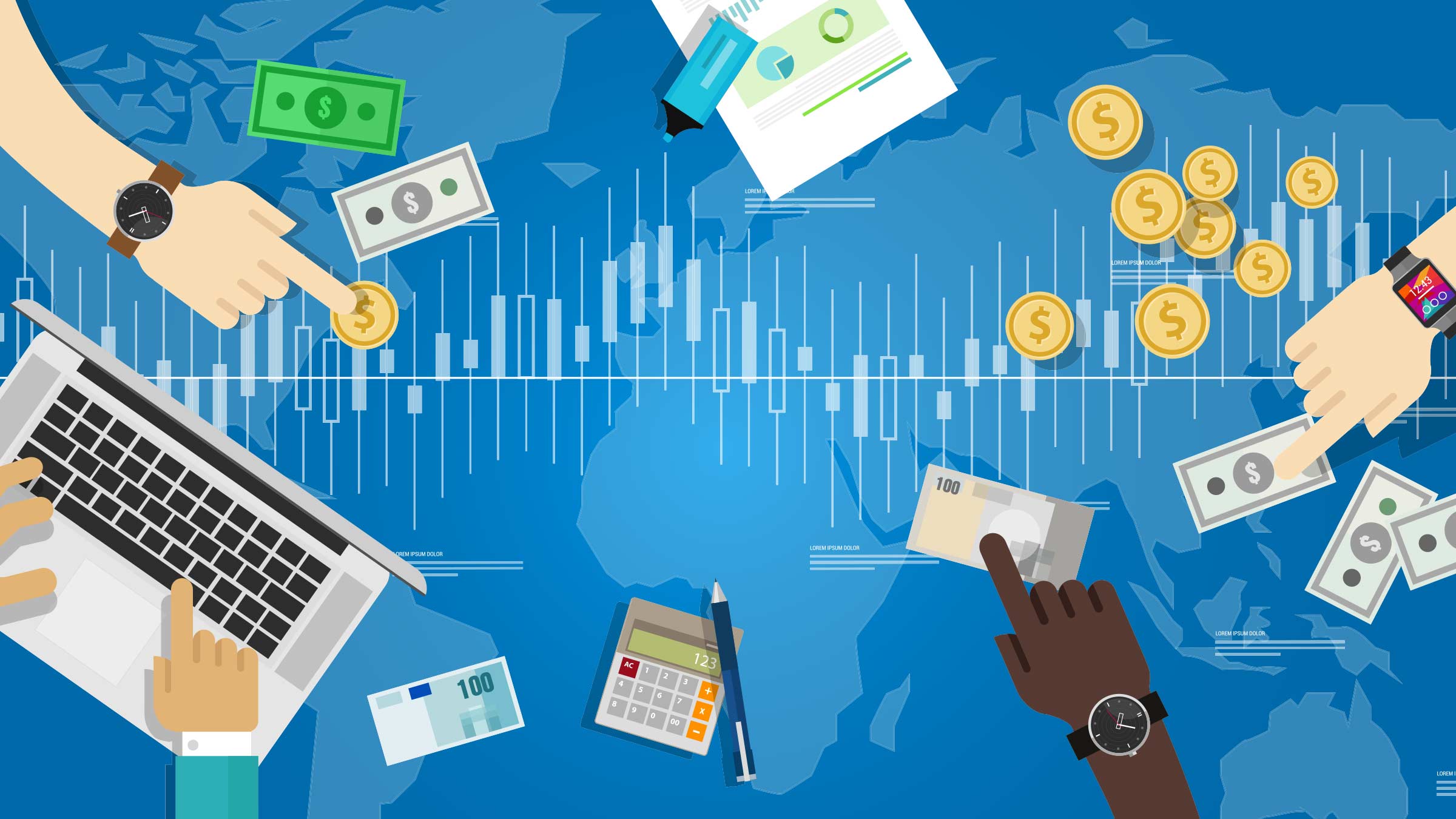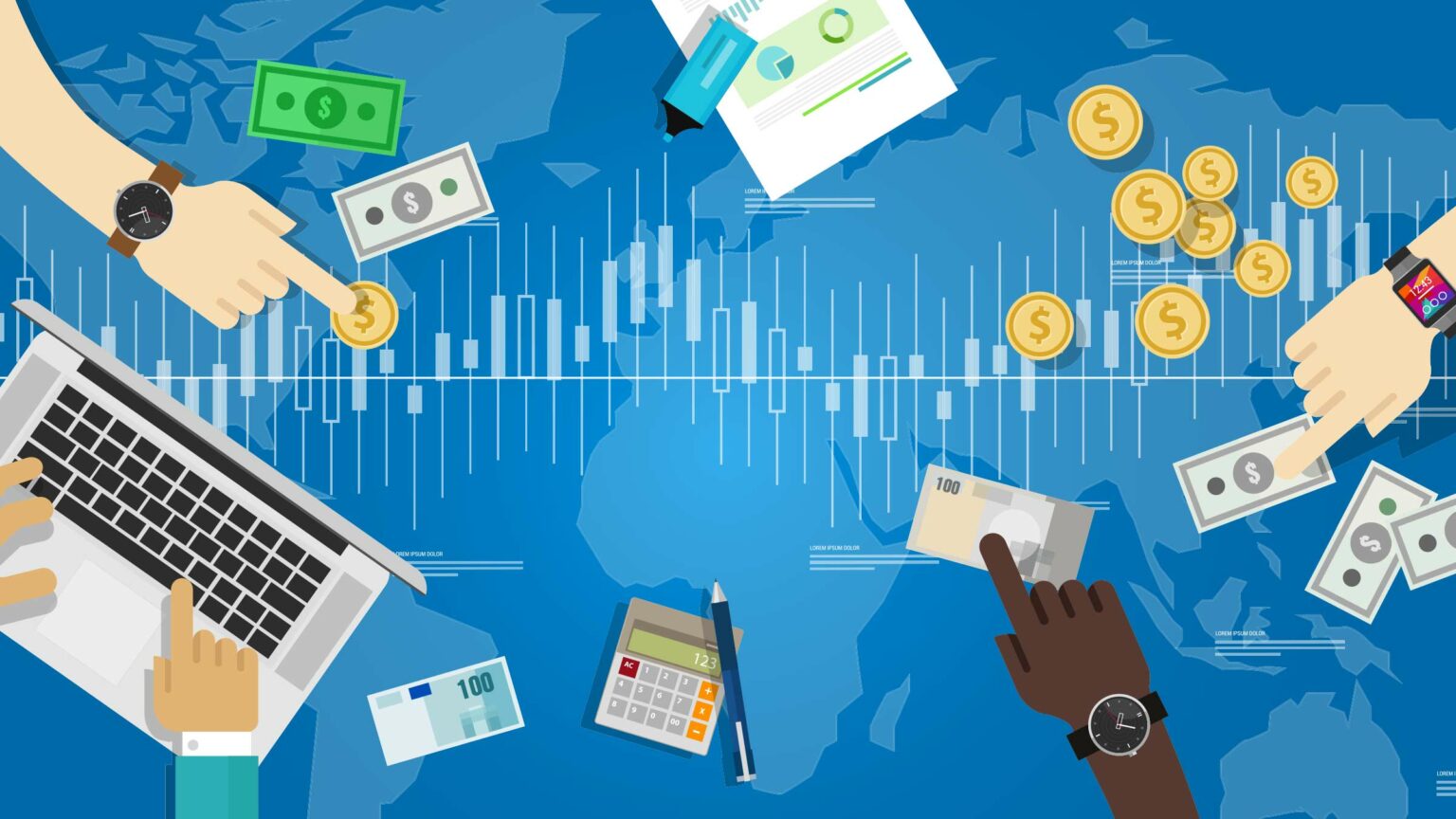Introduction:
The world economy has changed more in the last 30 years than in the last 300 years. Today, we have what we call a Digital Economy, technology has integrated so much with the economy that it has now become one of its most vital aspects. The digital economy is one collective term for all economic transactions that occur on the internet. It is also known as the Web Economy or the Internet Economy. With the advent of technology and the process of globalization, digital and traditional economies are merging into one. This digital transformation is driven by the three primary means – The internet, Electronic means and Data. The digital economy has been growing at an exponential rate and as per reports will continue to do so in the future as well. Like all things in the world a Digital Economy also has its pros and cons. In this essay, we analyze the pros and cons of the growing digital economy from a psychological and economic perspective.
Economic Pros:
The first advantage of the digital economy on the economic side is the advent of automation and integration of technology resulting in increased and more efficient production. There is also increased competitiveness among the producers strengthening the basis of capitalism resulting in lower barriers to entry for new producers, increased personalization and choice for consumers, increased innovation and various opportunities for the developing world. As a result, the overall economy becomes larger, more efficient, more convenient and more transparent.

Economic Cons:
The biggest flip side from an economic perspective is the consequential unemployment and the digital divide. The replacement of human labour with technology has resulted in an increase in unemployment in certain sectors and this further widens the digital divide raising the level of inequality in our society. Additionally, the exponential growth in the digital sector has led to the creation of a monopoly of certain big companies over large parts of the economy, which is not a positive sign for the economy from a macro perspective and also raises concerns such as data security and privacy breaches. Increased Cybercrime and the requirement of heavy investment are also some disadvantages.
Psychological Advantages:
The advantages on the psychological side are very related to the economic aspects. The digital economy has resulted in a better quality of life and improved living standards and has made economic transactions more convenient. Concepts such as work from home made possible by digital technology have helped people to maintain a work-life balance, resulting in improved mental health. Digital resources can also be employed to tackle mental health challenges in new ways.

Psychological Drawbacks:
The biggest psychological disadvantage on the other hand is the addictive nature of digital technology. The disruption of the traditional economy and related aspects such as increased unemployment results in increased psychological problems such as anxiety, stress and depression. Reduced interaction with real-life people and problems such as privacy breach further cause problems such as depression and anxiety. People take time to adapt to the new system and many times are not able to adapt completely, we see this in the case that many people don’t treat e-money as real money and this leads to overspending.
Conclusion:
It is evident that the pros of the digital economy far outweigh the cons from both psychological and economical perspectives. As per various reports the digital economy is going to keep growing at ever-increasing rates, allowing the progress of humanity beyond what we ever thought to be possible. It is rightly said that change is the law of the world and it is essential that we adapt to these changing circumstances and progress ahead.













